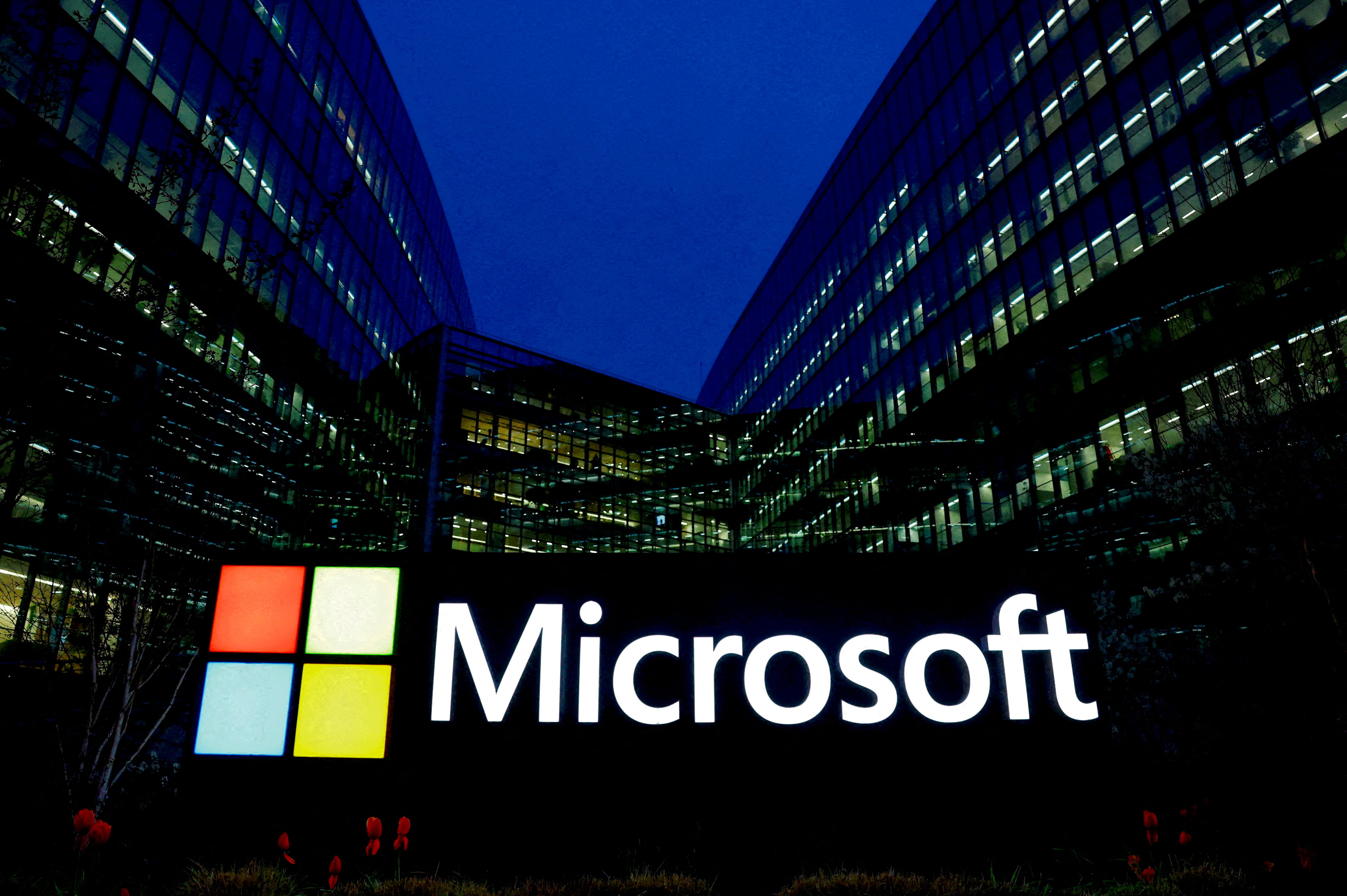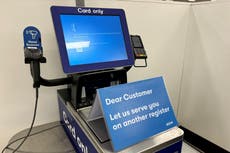8.5 million computers running Windows affected by faulty update from CrowdStrike
As the world continues to recover from massive business and travel disruptions caused by a faulty software update from cybersecurity firm CrowdStrike, malicious actors are trying to exploit the situation for their own gain

As the world continues to recover from massive business and travel disruptions caused by a faulty software update from cybersecurity firm CrowdStrike, malicious actors are trying to exploit the situation for their own gain.
Government cybersecurity agencies across the globe and even CrowdStrike CEO George Kurtz are warning businesses and individuals around the world about new phishing schemes that involve malicious actors posing as CrowdStrike employees or other tech specialists offering to assist those recovering from the outage.
“We know that adversaries and bad actors will try to exploit events like this,” Kurtz said in a statement. “I encourage everyone to remain vigilant and ensure that you’re engaging with official CrowdStrike representatives.”
The UK Cyber Security Center said they have noticed an increase in phishing attempts around this event.
Microsoft said 8.5 million devices running its Windows operating system were affected by the faulty cybersecurity update Friday that led to worldwide disruptions. That’s less than 1% of all Windows-based machines, Microsoft cybersecurity executive David Weston said in a blog post on Saturday.
He also said such a significant disturbance is rare but “demonstrates the interconnected nature of our broad ecosystem.”
What's happening with air travel?
By late morning on the U.S. East Coast, airlines around the world had canceled more than 1,500 flights, far fewer than the 5,100-plus cancellations on Friday, according to figures from tracking service FlightAware.
Two-thirds of Saturday’s canceled flights occurred in the United States, where carriers scrambled to get planes and crews back into position after massive disruptions the day before. According to travel-data provider Cirium, U.S. carriers canceled about 3.5% of their scheduled flights for Saturday. Only Australia was hit harder.
Canceled flights were running at about 1% in the United Kingdom, France and Brazil and about 2% in Canada, Italy and India among major air-travel markets.
Robert Mann, a former airline executive and now a consultant in the New York area, said it was unclear exactly why U.S. airlines were suffering disproportionate cancellations, but possible causes include a greater degree of outsourcing of technology and more exposure to Microsoft operating systems that received the faulty upgrade from CrowdStrike.
How are healthcare systems holding up?
Health care systems affected by the outage faced clinic closures, canceled surgeries and appointments and restricted access to patient records.
Cedars-Sinai Medical Center in Los Angeles, Calif., said “steady progress has been made” to bring its servers back online and thanked its patients for being flexible during the crisis.
“Our teams will be working actively through the weekend as we continue to resolve remaining issues in preparation for the start of the work week,” the hospital wrote in a statement.
In Austria, a leading organization of doctors said the outage exposed the vulnerability of relying on digital systems. Harald Mayer, vice president of the Austrian Chamber of Doctors, said the outage showed that hospitals need to have analog backups to protect patient care.
The organization also called on governments to impose high standards in patient data protection and security, and on health providers to train staff and put systems in place to manage crises.
“Happily, where there were problems, these were kept small and short-lived and many areas of care were unaffected” in Austria, Mayer said.
The Schleswig-Holstein University Hospital in northern Germany, which canceled all elective procedures Friday, said Saturday that systems were gradually being restored and that elective surgery could resume by Monday.



Bookmark popover
Removed from bookmarks